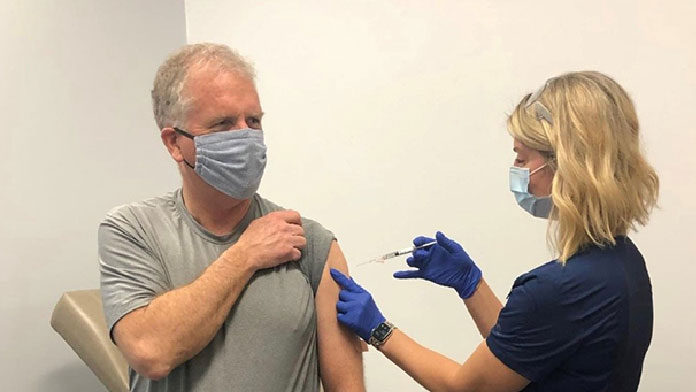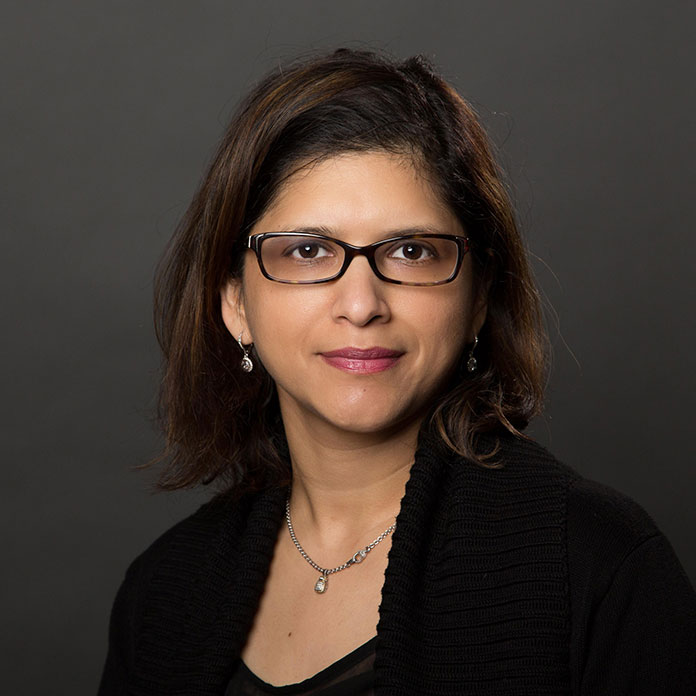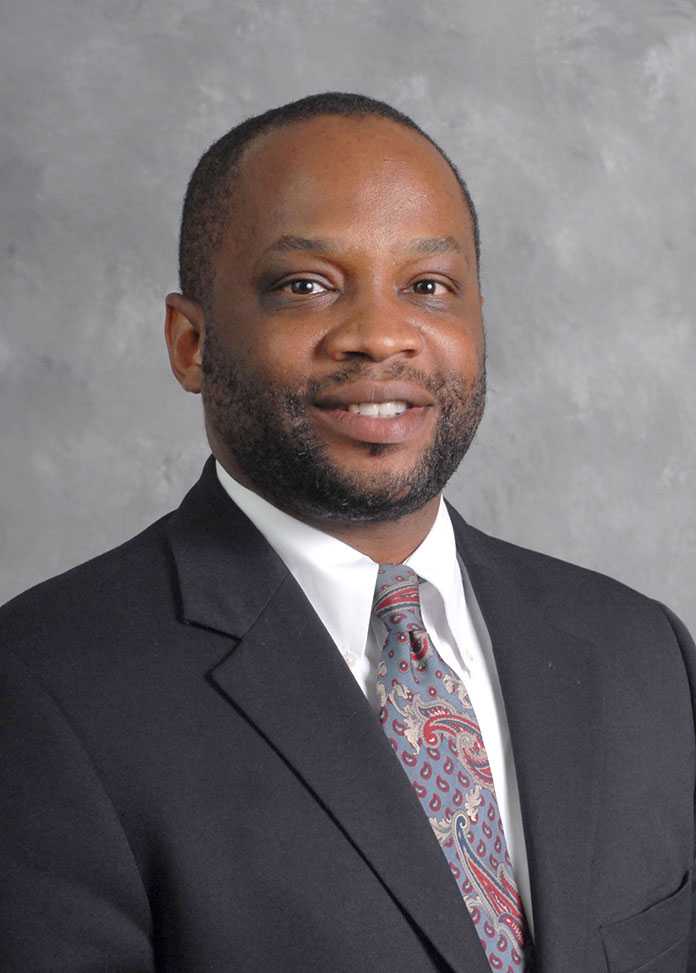
NEW JERSEY – Hackensack Meridian Health leaders and affiliated health care providers recently held a webinar to discuss the safety and efficacy of COVID-19 vaccines, the research and development process, and the latest information related to these vaccines. They urged people to get the vaccine even if their neighbors won’t.
Infectious Disease Physician Dr. Bindu Balani served as the principal investigator of the trials of the Moderna vaccine and works with coronavirus patients. She spoke about the importance of receiving the vaccine, building herd immunity and for at least 70% of the nation’s population to be vaccinated.
“It really is a happy new year with the vaccines that we now have. We need to have at least upwards of at least 70 % of people in public get vaccinated for this particular disease – the reason being is that there may be smaller clusters where they are more susceptible to this particular disease who are not vaccinated and it will still be around,” Dr. Balani said.

She added, “we also have to look at the small portion of patients who may or may not be able to get the vaccines for one reason or the other. We need to protect them in addition to ourselves.”
“We hope to decrease the attack rate on those who are not vaccinated and prevent this spread of disease process over a period of time. If you look at a population of 10 that are not vaccinated today – if those people are infected they are going to go an infect another 10 people. If eight of the 10 are vaccinated then you have only two people who will then go and have further spread of this disease,” Dr. Balani explained.
The more that people get vaccinated, the slower the virus will spread, she said. “We will then be able and capable of getting better contact tracing to those who are then subsequently infected and hopefully not going forward. Having the public step forward to get these vaccines is going to be the key in making this particular vaccination strategy a success and getting this pandemic under control.”
Jersey Shore University Medical Center Internist Dr. Brian Roper addressed those in the community who are very hesitant to get the vaccine, particularly people of color, and he provided some reasons why this was the case.
“We are all well aware that the distrust and suspicion of our medical system in communities of color specifically the African American community is not without merit. It is well documented that with America’s original sin of chattel slavery that various agencies have sanctioned experimentation on African Americans,” Dr. Roper added.

He noted the most infamous case of this being “the Tuskegee syphilis experiment of 1932. This heinous act by the United States Public Health Service and the CDC involved 600 uneducated impoverished African American share croppers with the false notion that they would receive treatment for a disease when in fact treatment was never planned.
“I realize that America has a way to go in gaining the trust of African Americans,” he said. “This vaccine is not Tuskegee 2.0. In fact the disinformation that affects our community about this and other standards of medical care cause us not to seek treatment. That is actually Tuskegee 2.0.”
He added that as a trained physician and pharmacist with over 20 years of experience in the medical field, “I believe in the science and trust in the technology enough that I had the Pfizer biotech vaccination on the first Sunday of this year.”





